Dr. Regina Lark's key home organization principles – 4 exclusive tips from a specialist
'My stuff has to be in service to me. I don't want to be in service to my stuff.'

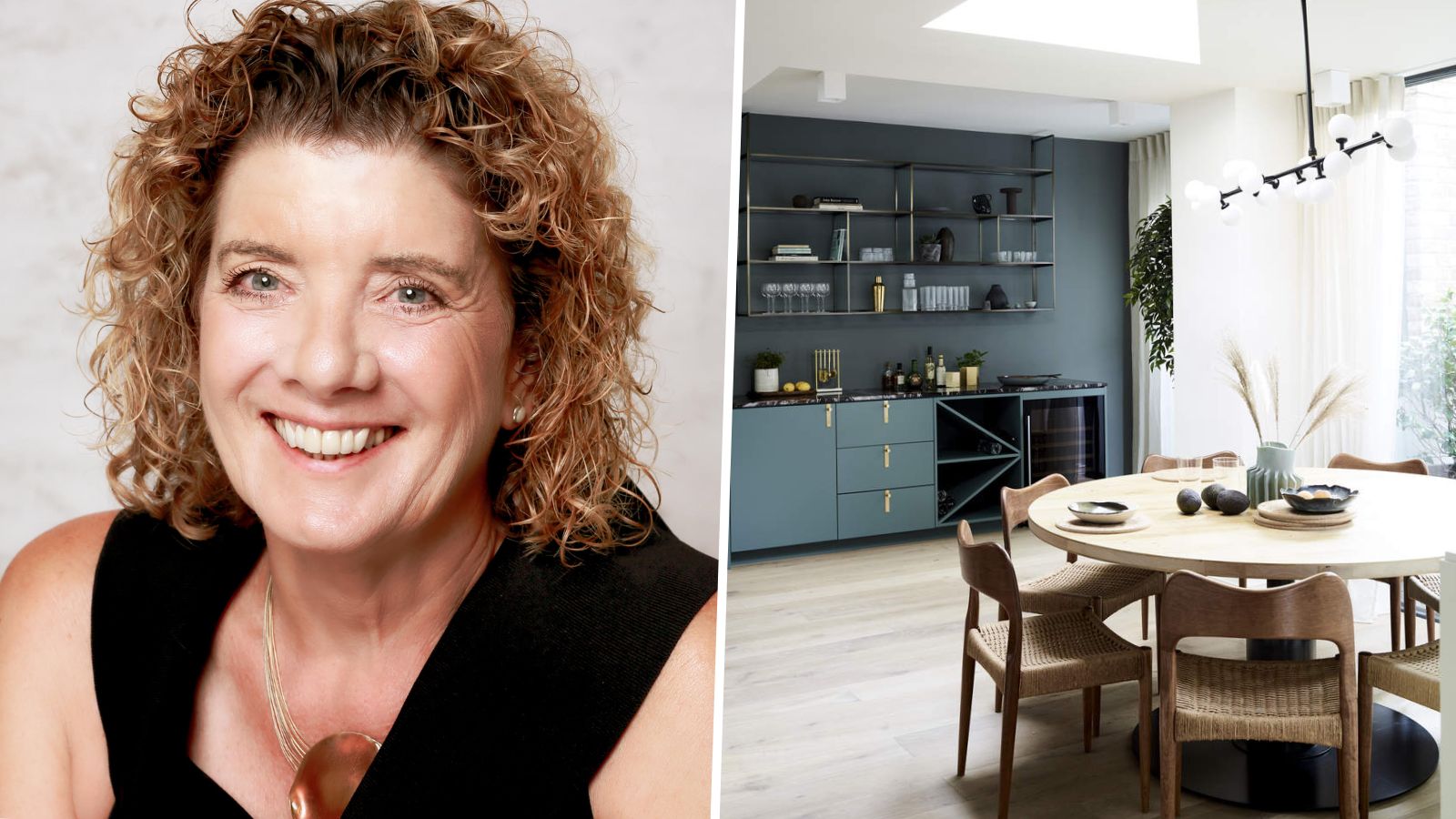
Design expertise in your inbox – from inspiring decorating ideas and beautiful celebrity homes to practical gardening advice and shopping round-ups.
You are now subscribed
Your newsletter sign-up was successful
Want to add more newsletters?

Twice a week
Homes&Gardens
The ultimate interior design resource from the world's leading experts - discover inspiring decorating ideas, color scheming know-how, garden inspiration and shopping expertise.

Once a week
In The Loop from Next In Design
Members of the Next in Design Circle will receive In the Loop, our weekly email filled with trade news, names to know and spotlight moments. Together we’re building a brighter design future.

Twice a week
Cucina
Whether you’re passionate about hosting exquisite dinners, experimenting with culinary trends, or perfecting your kitchen's design with timeless elegance and innovative functionality, this newsletter is here to inspire
Organizing your home can often be an overwhelming concept. If you find yourself struggling with the essentials of organizing, such as decluttering and sorting your possessions according to your needs, you're in the right place.
Professional organizer Dr. Regina Lark has explained her key organizing principles which you can implement to make the process of organizing your home simpler.
By applying these principles to your organizing and decluttering routines, you can create a more organized space that caters to your lifestyle, encompassing your ideal home environment. As a result, you can remove the physical, emotional and financial costs of a disorganized home.
Dr. Regina Lark's top home organization principles
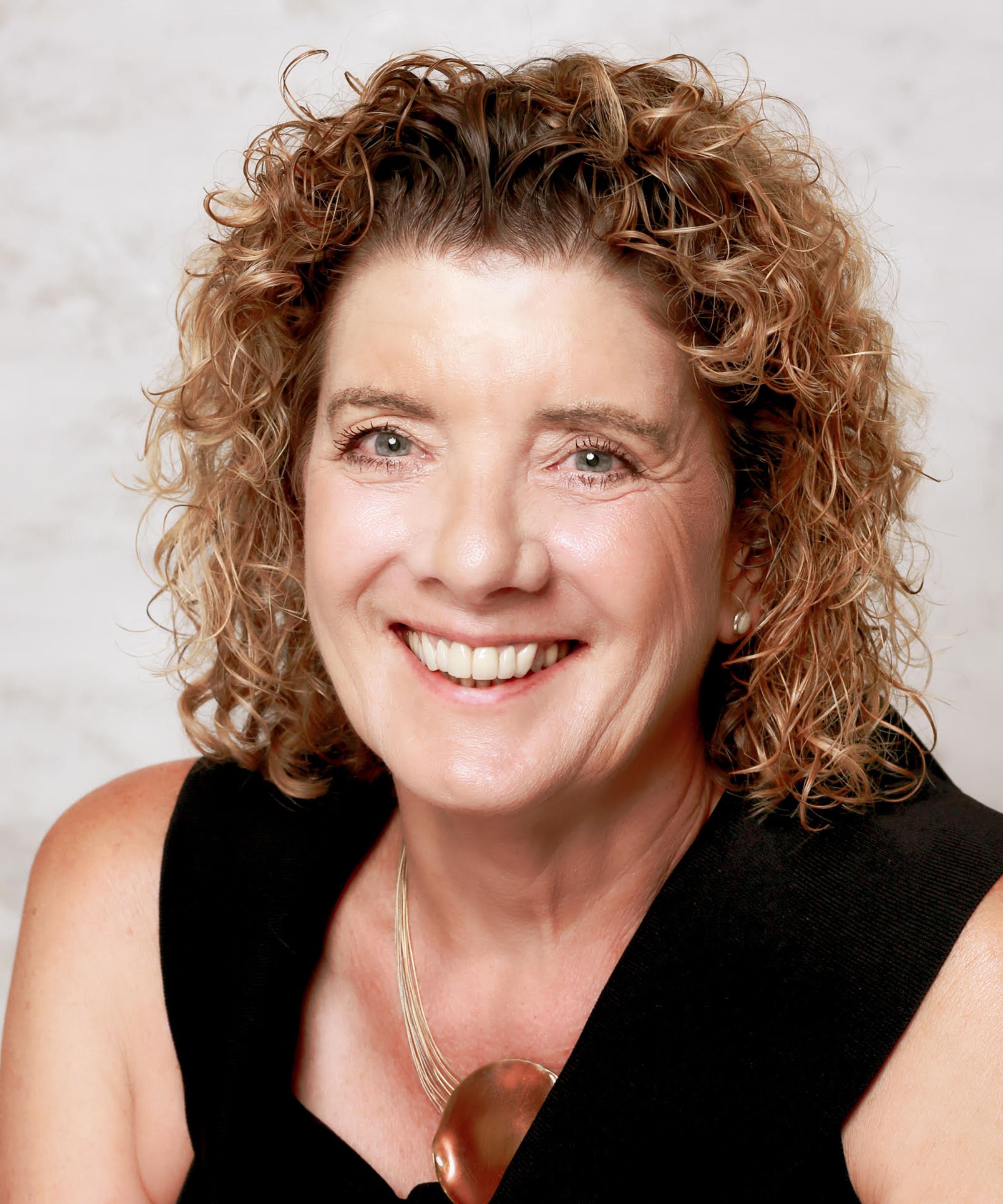
We asked organization specialist and founder of A Clear Path, Dr. Regina Lark for her best advice on decluttering to organizing, and she explained how she uses her organization principles to navigate these tasks.
She explains how this has worked for her, but says they can be tailored to you and any particular pain points, so you can achieve not only an organized space but an organized and serene mindset.
1. Create a space that makes you feel comfortable
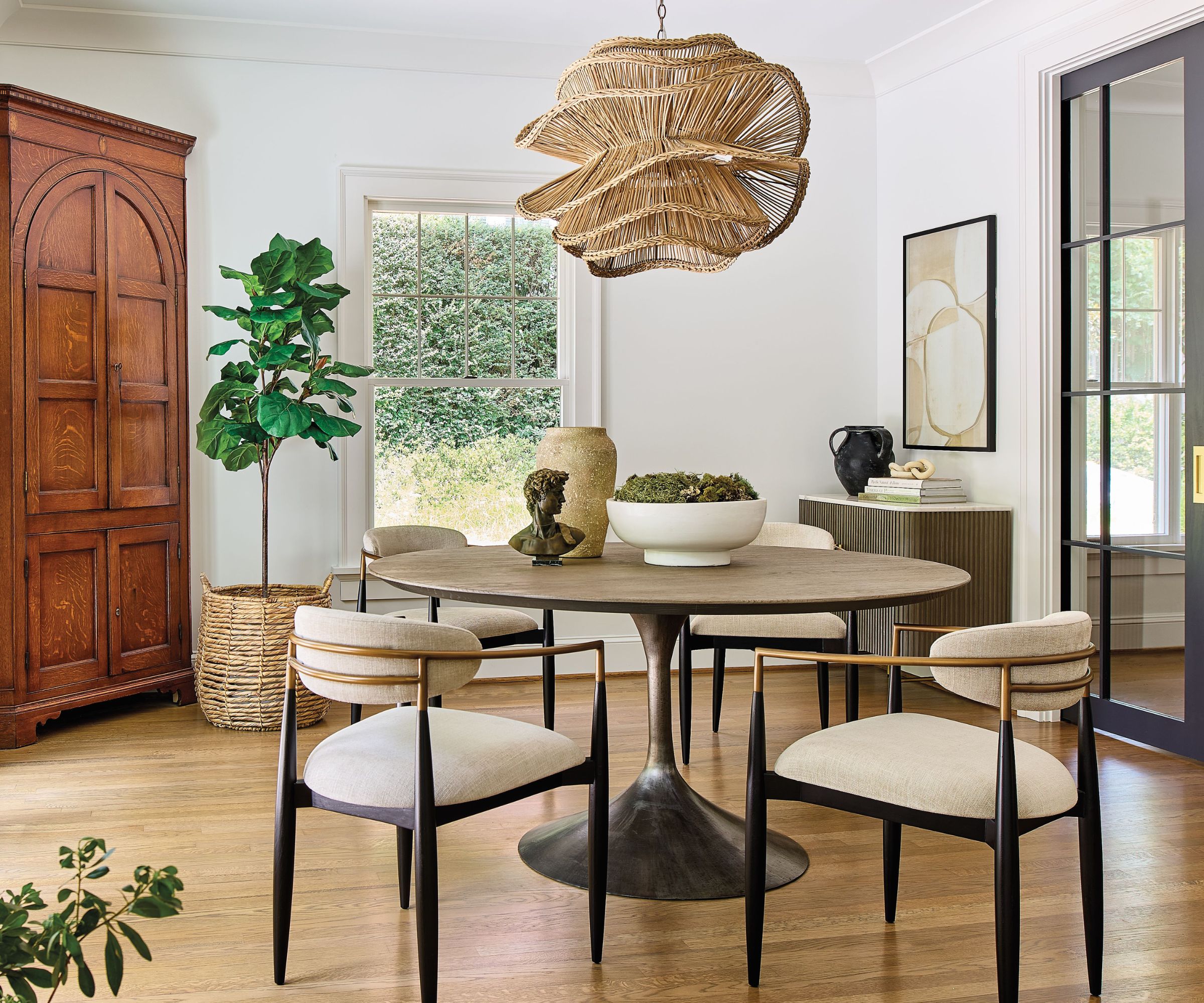
'We want to live in a place where we feel comfortable,' she begins. So, whatever you wish to gain from your home environment, whether that is a level of comfort, convenience, aesthetics, sentimentality, or intellectual stimulation, Dr. Regina Lark encourages you to create personal organizing principles to create a space that caters to you.
'Based on how being in your environment makes you feel, see if you can come up with some of, what I call, my "organizing principles."
Design expertise in your inbox – from inspiring decorating ideas and beautiful celebrity homes to practical gardening advice and shopping round-ups.
'I created a principle that everything that comes through my front door I know has earned the right to live with me because it's my space. I personally like to live without many things around me. So whatever comes through my front door has to feed me in one of three ways. It either has to feed me aesthetically, intellectually, or it’s got to be part of my activities for daily living.'
Remember, aside from some cardinal organizing mistakes, there are no rights and wrongs as long as you can create a space that works for you.
Think about what you would like to be the outcome of organizing your home and ask yourself, 'Which items contribute to my ideal space?', 'How can I organize my space to suit me?,' and 'Which items should I declutter that do not adhere to my organizing principles?'.
You can list your organization principles and display them in your home as a constant reminder, such as with this magnetic fridge whiteboard, from Amazon.
2. Don't let your items inconvenience you
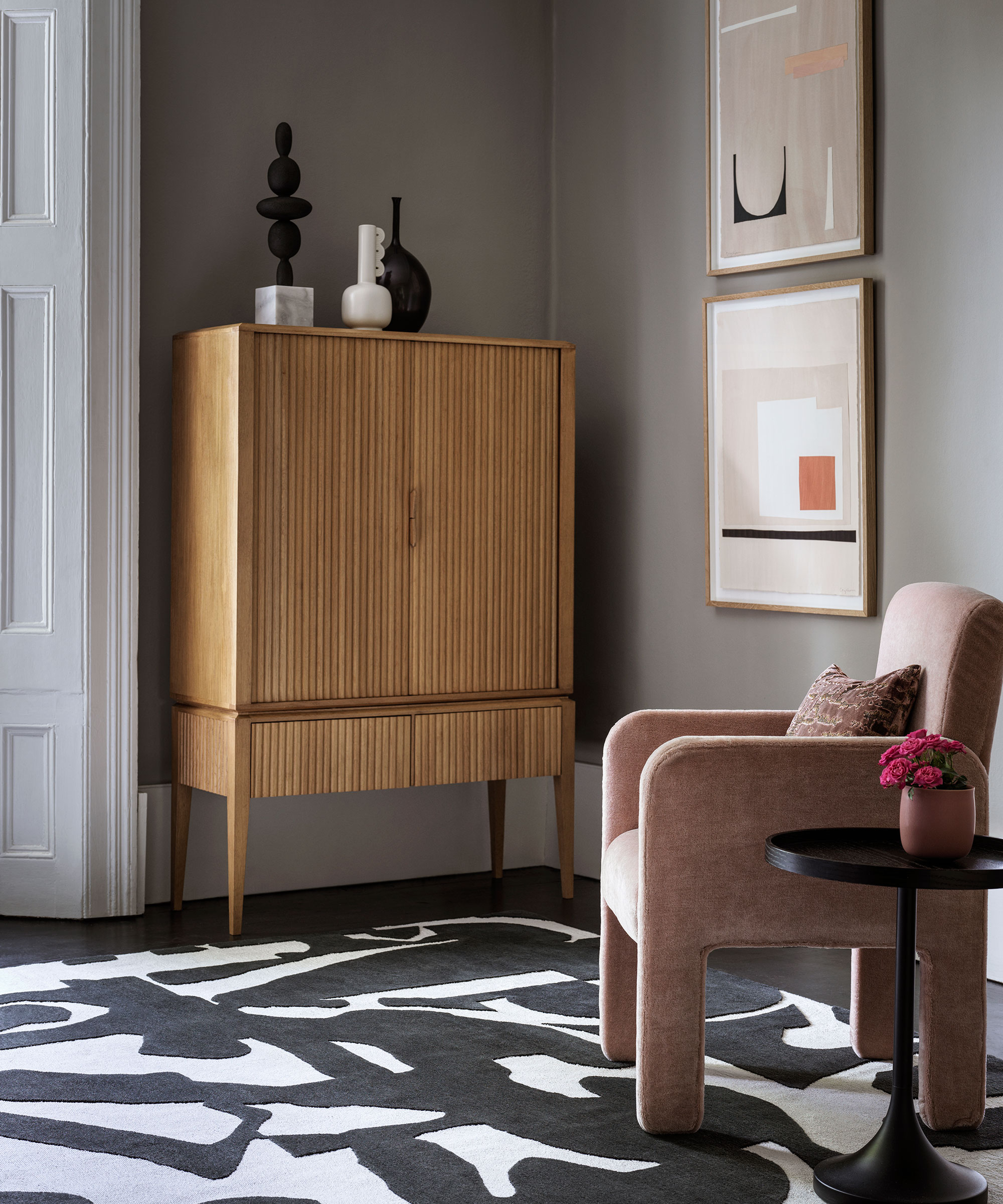
'One of my other organizing principles is I do not like to be inconvenienced.
'As soon as something doesn't serve you anymore, let it go,' advises Dr. Regina Lark.
This is a great decluttering tip, for keeping your spaces efficient and functional. While this doesn't necessarily mean sticking to minimalist decluttering strategies whereby you remove anything that isn't essential, but rather by not having an abundance of useless items, namely those that do not serve you according to your organizing principles.
'I want to be able to get what I need and take it out and put it back. Just anything beyond that is inconvenient.
'And I will say, it's okay to keep whatever you want, but I would encourage you to keep it neat and tidy. If it feels like too much, you've got to start reevaluating the value of that item and quantify, how many is enough?'
3. Don't be in service to your stuff
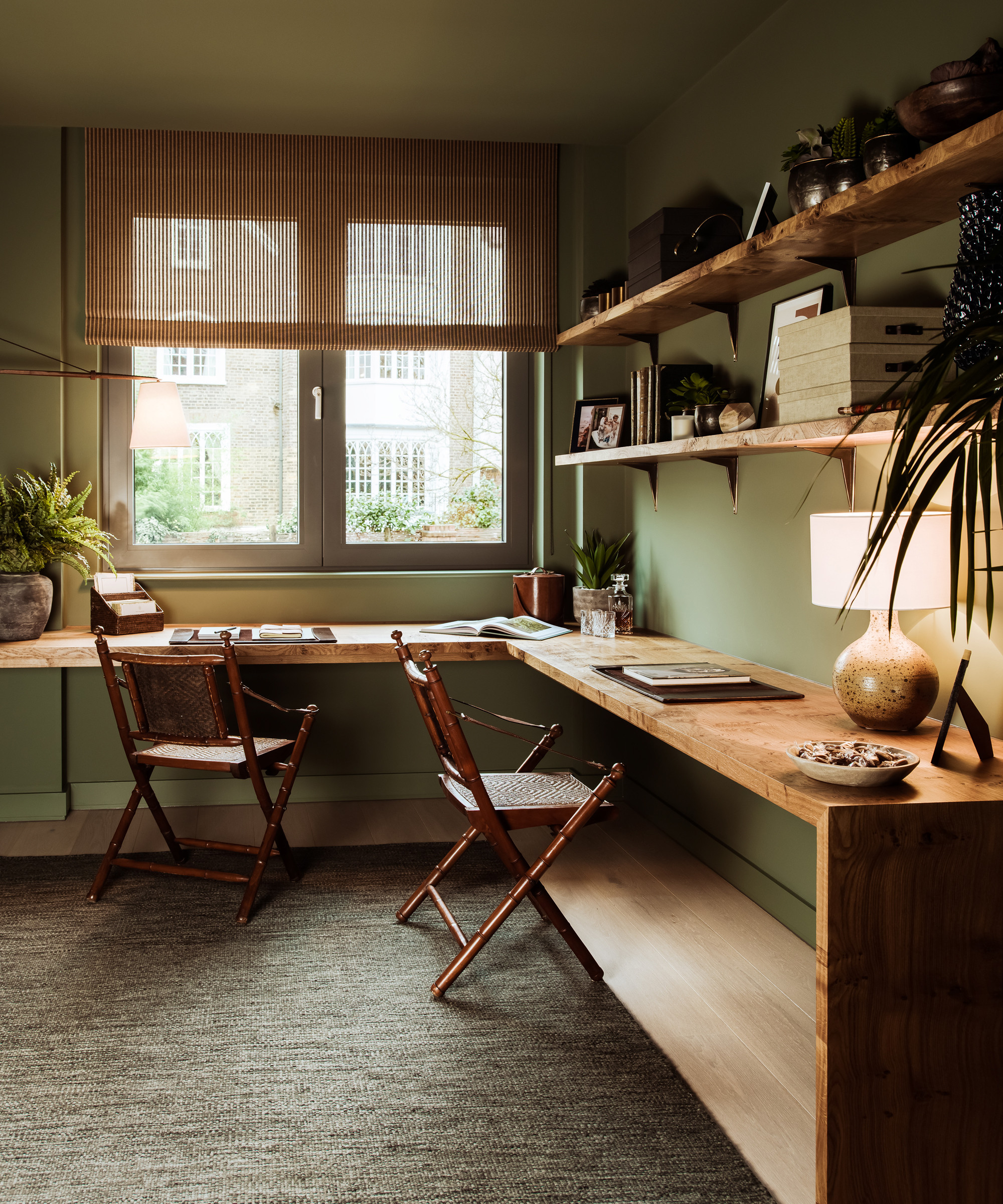
'Another organizing principle: my stuff has to be in service to me. I don't want to be in service to my stuff,' says Dr. Regina Lark.
Many items we accumulate because we believe they will benefit us in some way, whether productively (this can be anything from chairs, to plates, to electronics), aesthetically, or because it holds sentimental value. However, over time the usefulness of these items might wane, and instead, we find the stress of organizing, storing, and maintaining them becomes more costly than beneficial.
'I want to put me first, I don't want to put the artifacts first.'
However, it can be difficult to identify this issue without taking a step back and assessing if this is the case.
There are a few reasons these items in your space that no longer serve have become costly, whether because they are acting as clutter, becoming emotionally taxing to keep (for example sadness or guilt associated with sentimental items), or are literally costing you money (such as for repairs or storage).
Regina explains, 'I don't want to have to bump into it. I also will never pay for external storage. People typically end up paying for storage more than the fair market value of the item. That's how strong sentiment is.'
Regina recommends being able to organize your home and identify the items you should declutter according to this home organization principle of not wanting to be inconvenienced.
'So, again, we have to revalue these items.' When an item no longer serves us and instead becomes a hassle and an obstruction to your home organization, it may be time to declutter or donate it.
Get rid of the "things I may need someday" mindset
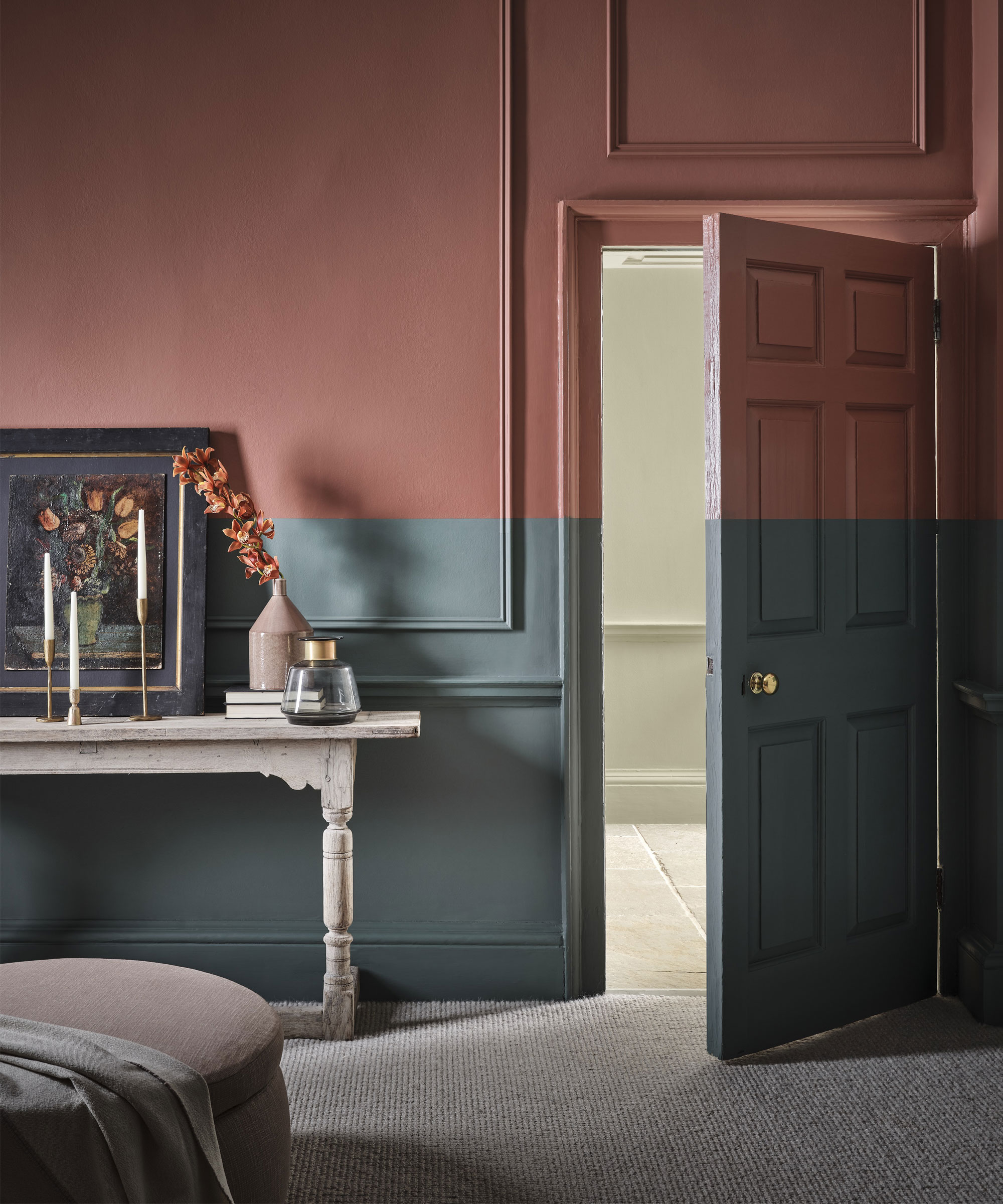
'There's a lot of fear about letting go,' continues Regina. 'It's the fear of letting go of something we think we may need someday, and I think people hold on to things for one of two reasons.
'One, most of us don't know what someday has to look like in order for this thing to be used. And the other thing is we catastrophize the outcome where we have let the item go and someday magically arrives.
'However, it's far more likely that if I let this go and it turns out I need it, I can go and replace it because I'm usually not letting go of something that costs a lot of money.
By having this mindset and holding onto the "things I may need someday", you counteract the organization principles of creating a comfortable space, not letting items become an inconvenience, and only keeping items that serve you, that you do not serve. These items can instead become clutter.
'So, the day that an item starts to look like clutter or becomes that thing that, you might never use again, put it in the donation bag.'
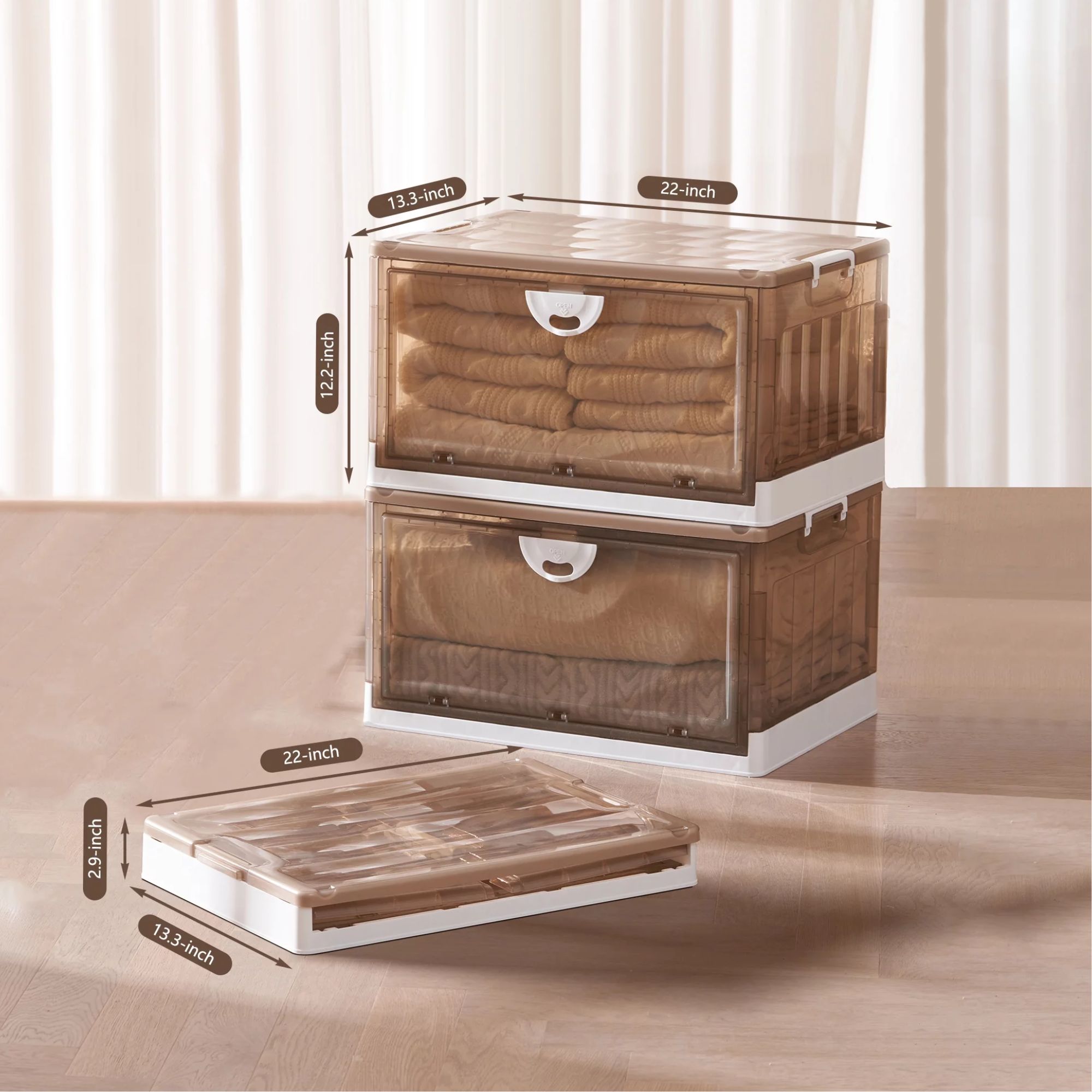
'I usually have one backup of everything that I use every day,' says Dr. Regina Lark. These foldable storage boxes can be the perfect way to store essential items that are not currently in use. It's always a great idea to use transparent storage so you can always see what you have, and when you need to restock or declutter.
These models fold down so they do not themselves become a burden to store.
FAQs
How to establish a regular decluttering routine?
'If you've got a lot of clutter, make a list of all the things you'd like to tackle, how much time you think it'll take, and then test yourself,' recommends Dr. Regina Lark. This way, you can figure out slots of time to assign to organizing certain areas or completing specific tasks to completion.
How do you organize your home according to your organization principles?
Once you have set your organization principles, evaluate each item in a zone or category and establish if it adheres to these.
When an item does not contribute to making your home your ideal space, no longer serves you, or inconveniences you, acting as an obstruction to your home organization, it may be time to declutter or donate it.
If you are finding it difficult to declutter personal items that no longer benefit you but hold emotional value, you can check out Dr. Regina Lark's 4 golden rules for getting rid of sentimental clutter.

Lola Houlton is a news writer for Homes & Gardens. She has been writing content for Future PLC for the past six years, in particular Homes & Gardens, Real Homes and GardeningEtc. She writes on a broad range of subjects, including practical household advice, recipe articles, and product reviews, working closely with experts in their fields to cover everything from heating to home organization through to house plants. Lola is a graduate, who completed her degree in Psychology at the University of Sussex. She has also spent some time working at the BBC.